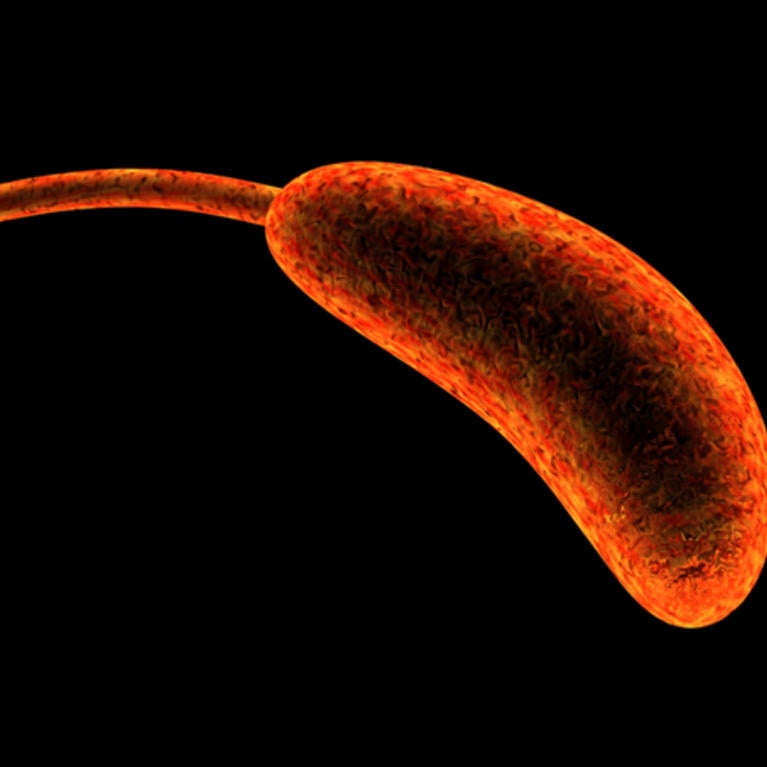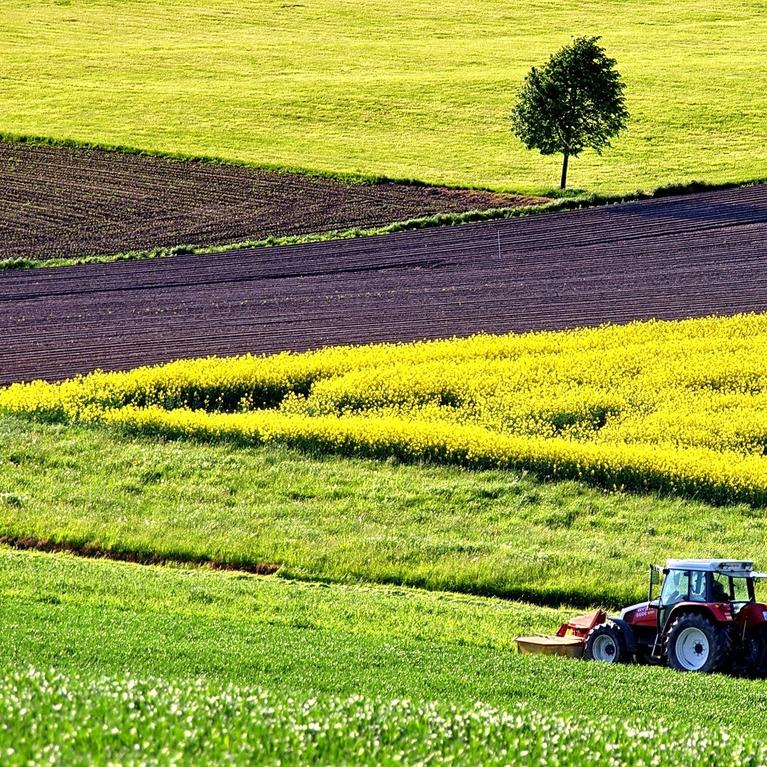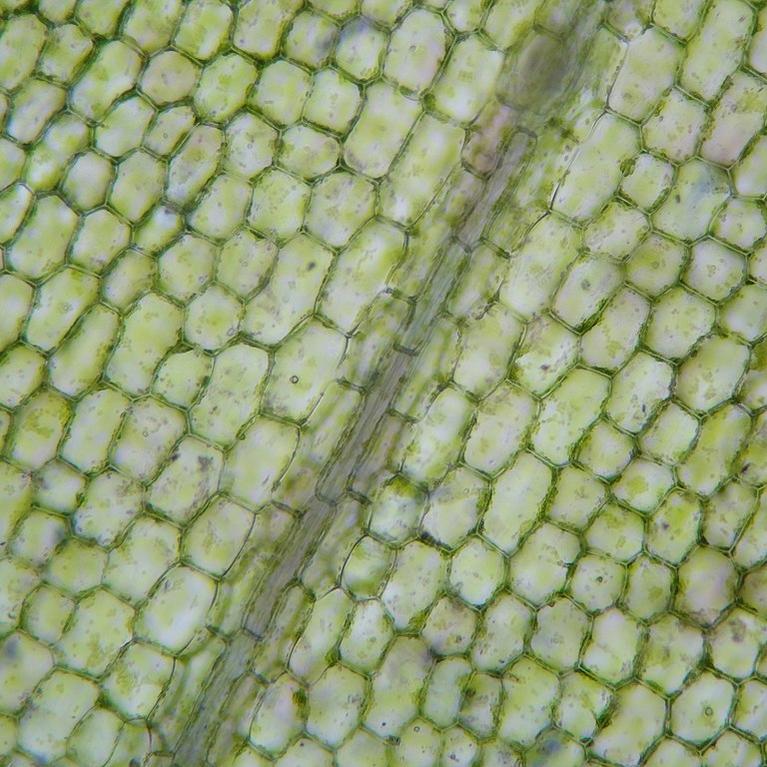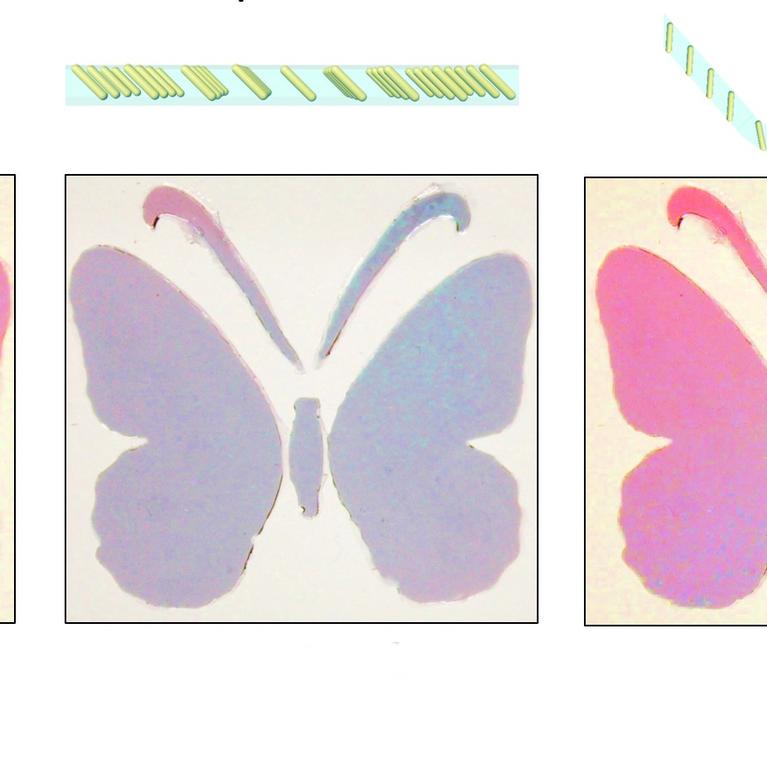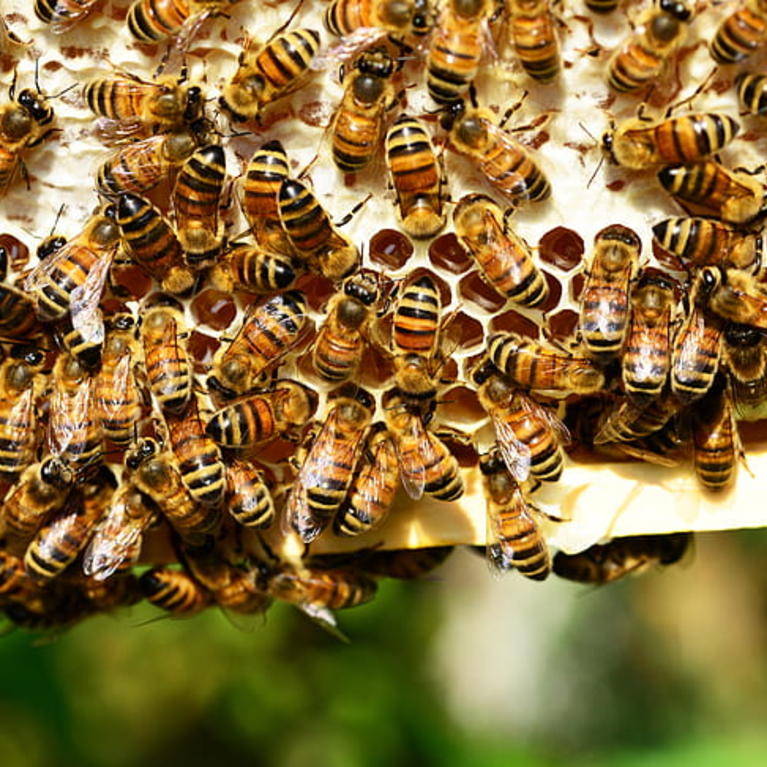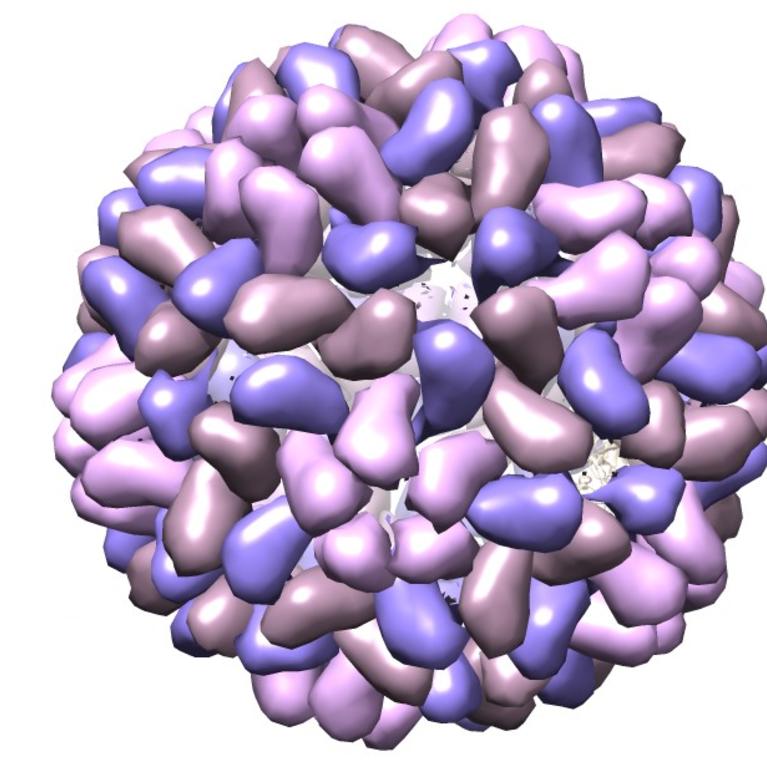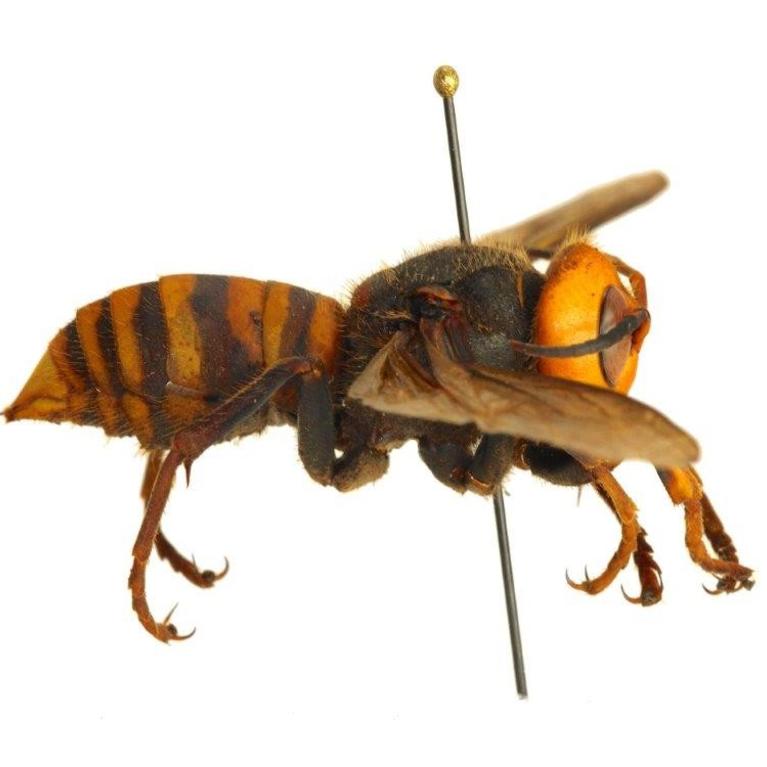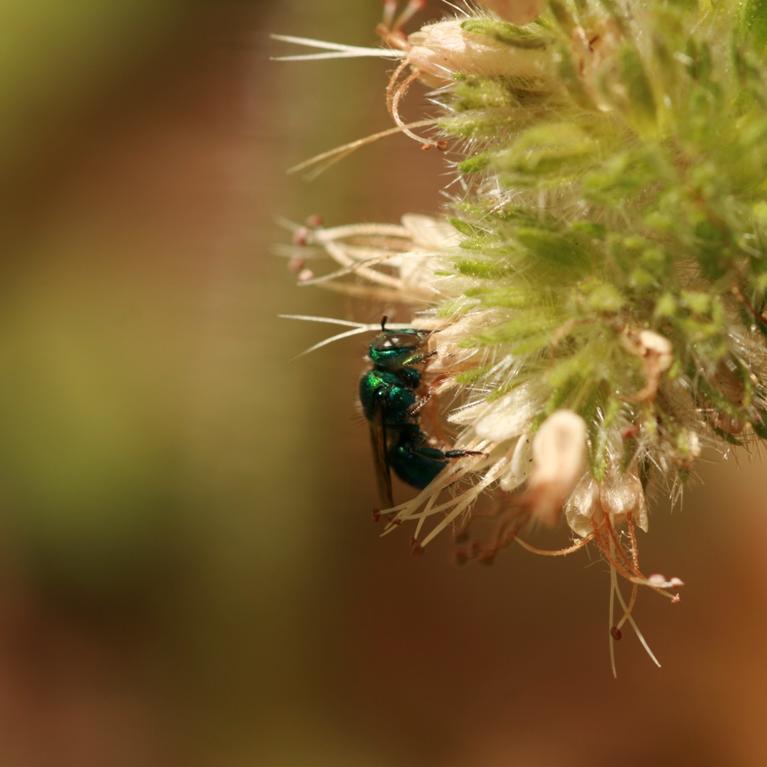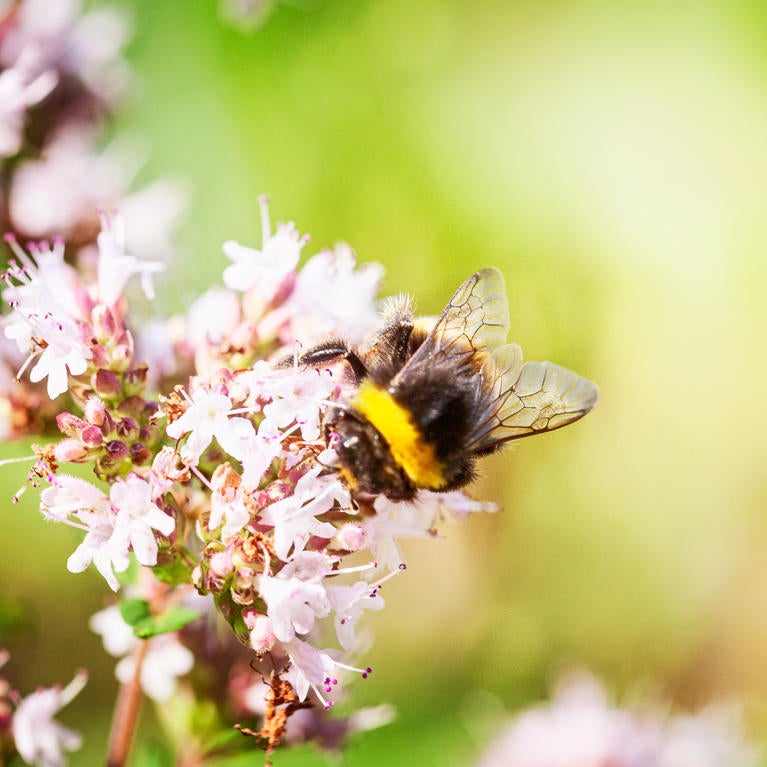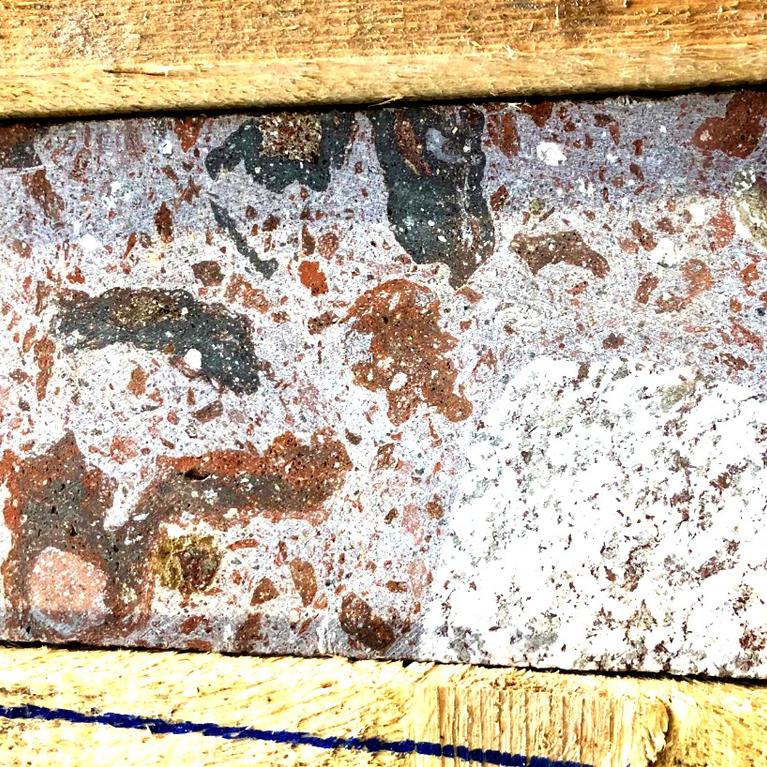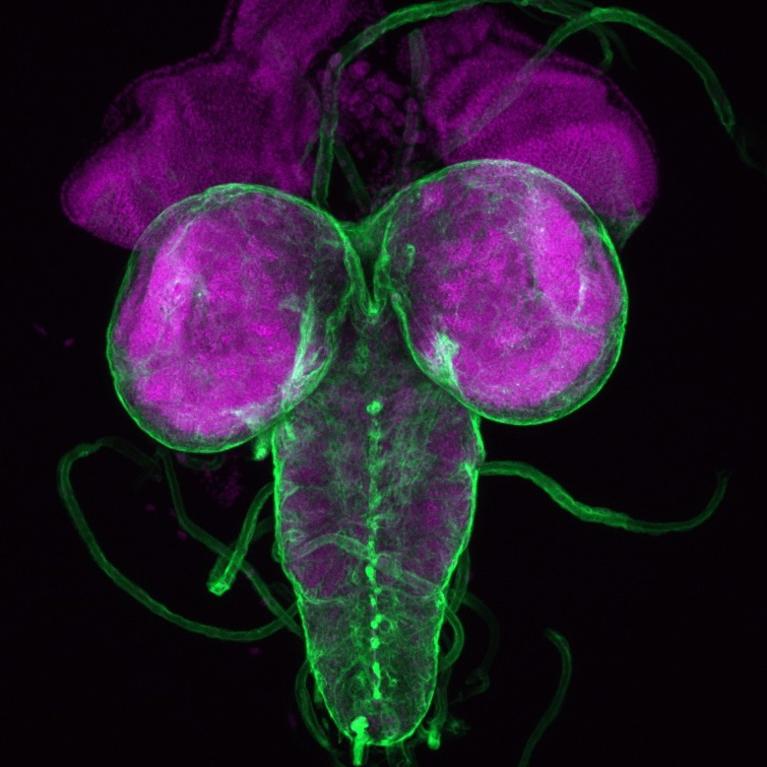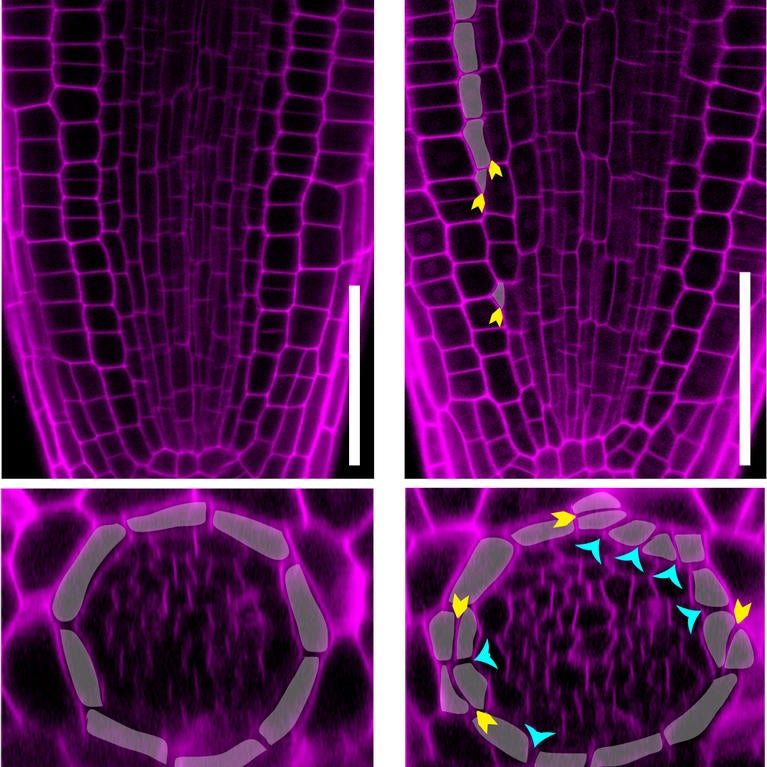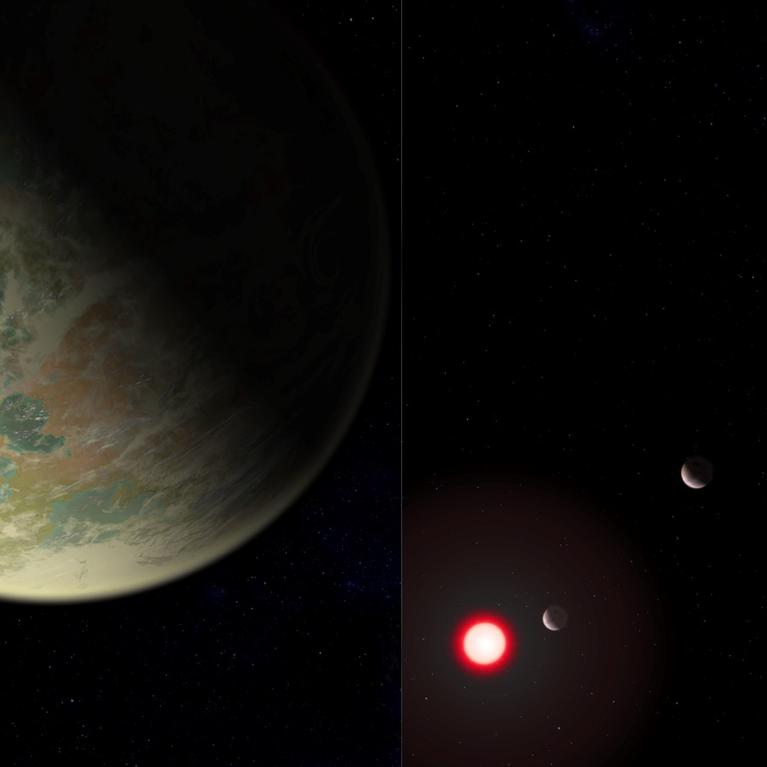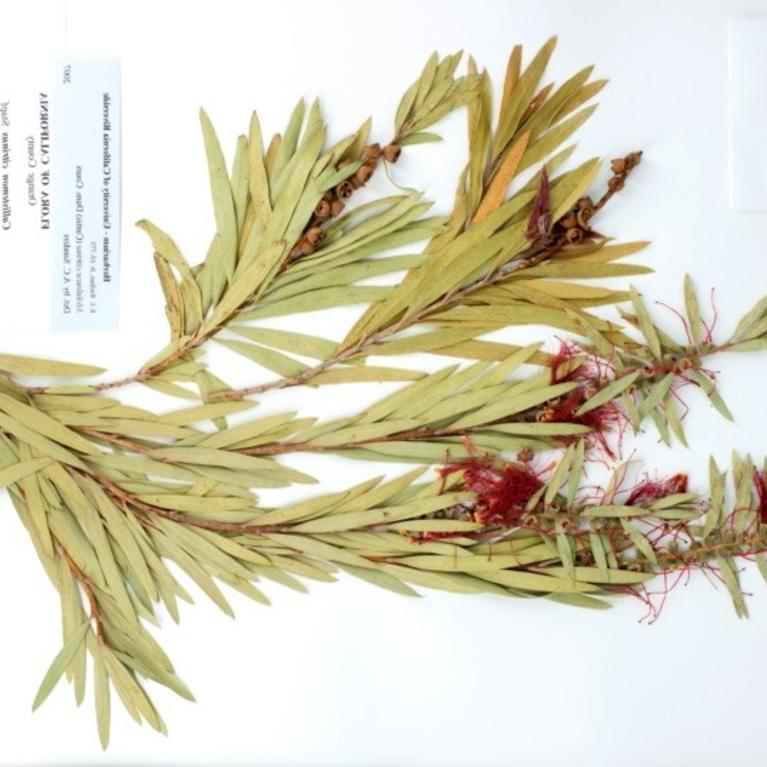
UCR Herbarium founder donates $900K to preserve its future
UC Riverside’s herbarium, established over 60 years ago, is an irreplaceable library of plant specimens. Now, a $900,000 bequest from its founder Frank Vasek and his wife Maxine will ensure the resource remains available to many generations of future plant scientists, and that it receives needed repairs and reorganization. Vasek...
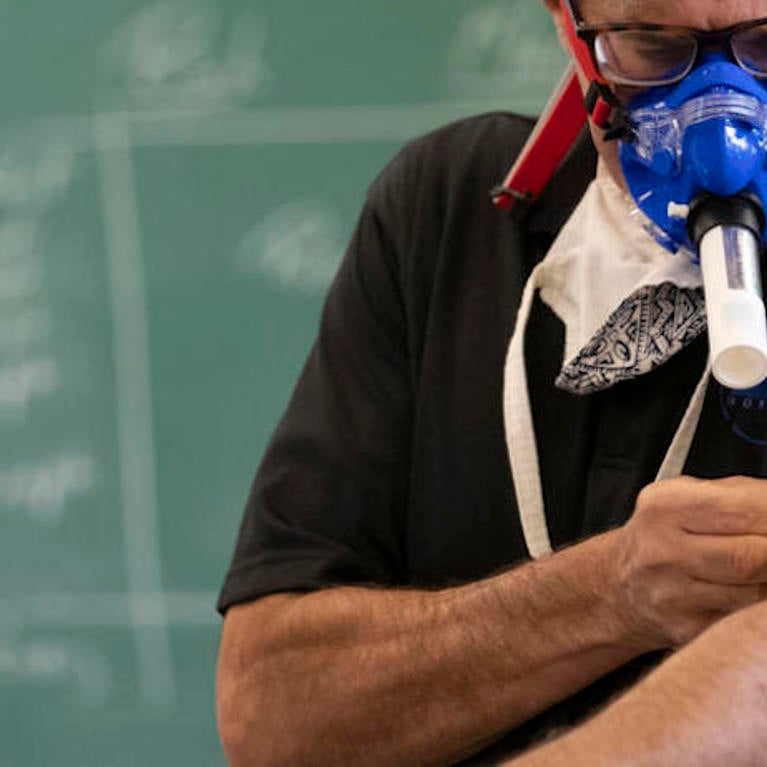
Professor’s own body becomes physiology lab during pandemic
Just call him Professor Guinea Pig. Adapting to remote learning this quarter, Professor Rich Cardullo is performing all the experiments for his human physiology laboratory course — on himself. Picture a video in which your professor puts electrodes on his thighs and has a teaching assistant hit his knees, so...

Hope for the infected
Though no proven treatment for COVID-19 currently exists, UC Riverside virologist Juliet Morrison feels there’s a good chance one will emerge. Morrison, an assistant professor in the Department of Microbiology & Plant Pathology, investigates the science behind promising avenues for new antiviral therapies. She explains what those are and weighs...
